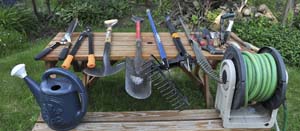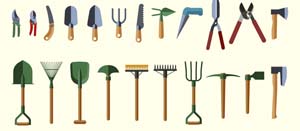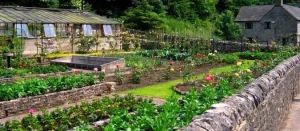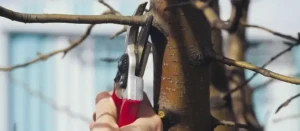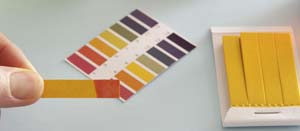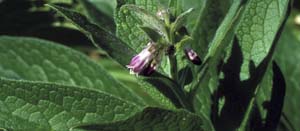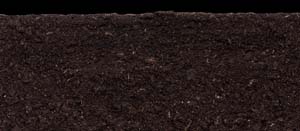SEARCH RESULTS > ARTICLES > gardening
Attracting more animals to your garden can be a rewarding and enjoyable experience for several reasons. Wildlife can contribute to a healthy and thriving ecosystem in your garden, help with pest control, and provide opportunities for learning and appreciation of nature. Here are some steps to attract more animals to your garden and why it's beneficial. Learn More
Proper garden tools are essential for maintaining a garden efficiently and effectively. The specific tools you need may vary depending on the size and type of garden you have, but here are some common garden tools that are generally considered essential. Learn More
Proper maintenance of your garden tools is essential to ensure their longevity, effectiveness, and your safety while using them. Here are some tips on how to maintain your garden tools. Learn More
Crop rotation is a beneficial practice in gardening for several reasons. Learn More
Pruning garden plants is an essential horticultural practice that helps maintain the health and appearance of your plants. The specific method and timing of pruning can vary depending on the type of plant you're dealing with, but here are some general guidelines for pruning garden plants. Learn More
Regulating the pH in your garden using organic methods is a sustainable and environmentally friendly way to ensure healthy plant growth. Here are several organic methods to adjust and maintain the pH in your garden: Learn More
Companion planting is a gardening practice where you strategically plant different types of crops near each other to take advantage of the potential benefits they can offer each other. This can include improving growth, deterring pests, enhancing flavor, and maximizing space. Here's why and how you can use companion planting in your garden. Learn More
The microbiome in your garden soil refers to the diverse community of microorganisms that inhabit the soil. These microorganisms play a crucial role in maintaining soil health, nutrient cycling, and plant growth. The soil microbiome consists of various organisms, including bacteria, fungi, archaea, viruses, and microfauna (such as nematodes and protozoa). Here are some key points about the microbiome in garden soil. Learn More

